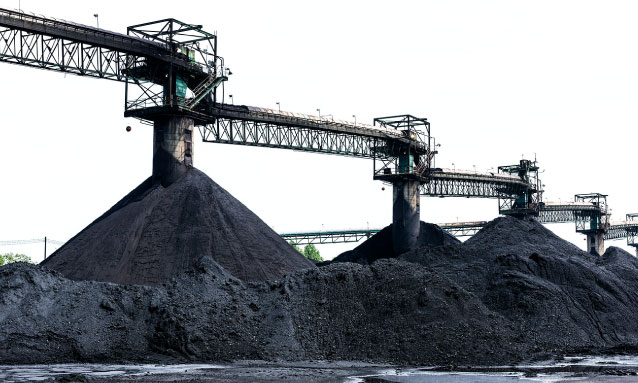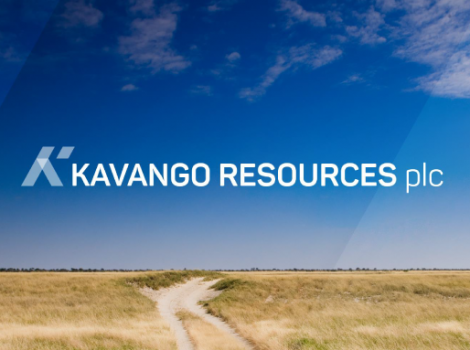
The government has engaged local and international mineral investors on whether the Mines and Minerals Act can be amended to allow the state to buy up to 26% equity in mining companies, up from the current provision of 15%.
BusinessWeek is informed that the amendments also propose that should the government turn down the right to take up the 26%, the mining company should offer the same to Batswana. According to Mmegi, the amendments, highly-placed sources say, would affect new mining ventures and not existing ones. An initial discussion between the Ministry of Mineral Resources, Green Technology and Energy, local and international mines and mining investors recently took place virtually recently. Another meeting is planned before year-end, and the ministry is hoping to have completed external and intergovernmental consultations on time to present next year’s Winter Parliament with the agreed proposals.
Currently, the government, through state mining agency, the Minerals Development Company Botswana, has equity stakes in mining groups such as De Beers, Morupule Coal Mine and indirectly in Minergy. The issue of whether to take up equity or not has not been a precise art, involving much due diligence and debate. The government previously elected not to exercise its right to acquire stakes in mines such as Karowe, which has since gone on to produce world-renowned gems. Meantime, investments in the BCL Ltd group have weighed heavily on government, which effectively was left singlehandedly funding the mines before and after their closure. Mining industry insiders told BusinessWeek the discussions led by the government were far from complete and involved a delicate balancing act.
“The pricing of that shareholding can be quite steep because remember the companies will calculate the value of what they have put in since exploration.
“If they have spent P10 billion and the government says it will not take up its 26%, which types of citizen investors can really afford that 26%?
“This then raises questions about indigenous investors over other classes of citizen investors,” a source close to the latest developments said.
Other insiders said there also needed to be considerations on the appropriateness of a private investor being asked to partner up to 26% with an investor who may or may not know anything about mining or a particular mineral.
“The investor coming on board may have the money but not the management skills or knowledge about mining.
“You find that you have brought people who will make noise at board level, but have no knowledge of the business.”
Minerals Permanent Secretary, Mmetla Masire told BusinessWeek the consultations on the proposals were far from a finalised affair. He said thus far, some stakeholders had argued the percentage was too low, while others felt it was too high, with others holding various views including scrapping the process.
“We are still very much in consultations, and it is difficult to comment at the moment,” he said.
“The proposals might not pass, or they pass with amendments and there are implications of how it should be implemented.
“At present, the Ministry has no position on the matter. This will emerge after the consultation and when the proposals go through Cabinet.
“Our position will also emerge after Parliament because legislators can also change the proposals.”
Masire said the Ministry’s focus was on gathering comprehensive views on the proposals.
“This is not just a Botswana issue, it’s an international issue, and the investors are mainly international players.
“They are the ones who are going to have views about whatever we say about ownership.
“In such situations, it’s best to allow the consultation period to be exhausted.
“Then we can address whether the government will be able to buy, under what conditions and how the rules apply to those already operating mines.
“Normally, the laws do not go backwards but who knows what the consultations say.”
Analysts said the ministry was eager to proceed cautiously around issues of mines and ownership, particularly because similar initiatives in neighbouring states and broader Africa have triggered panic among investors.
Source: http://www.mmegi.bw/index.php?aid=87834&dir=2020/november/20


